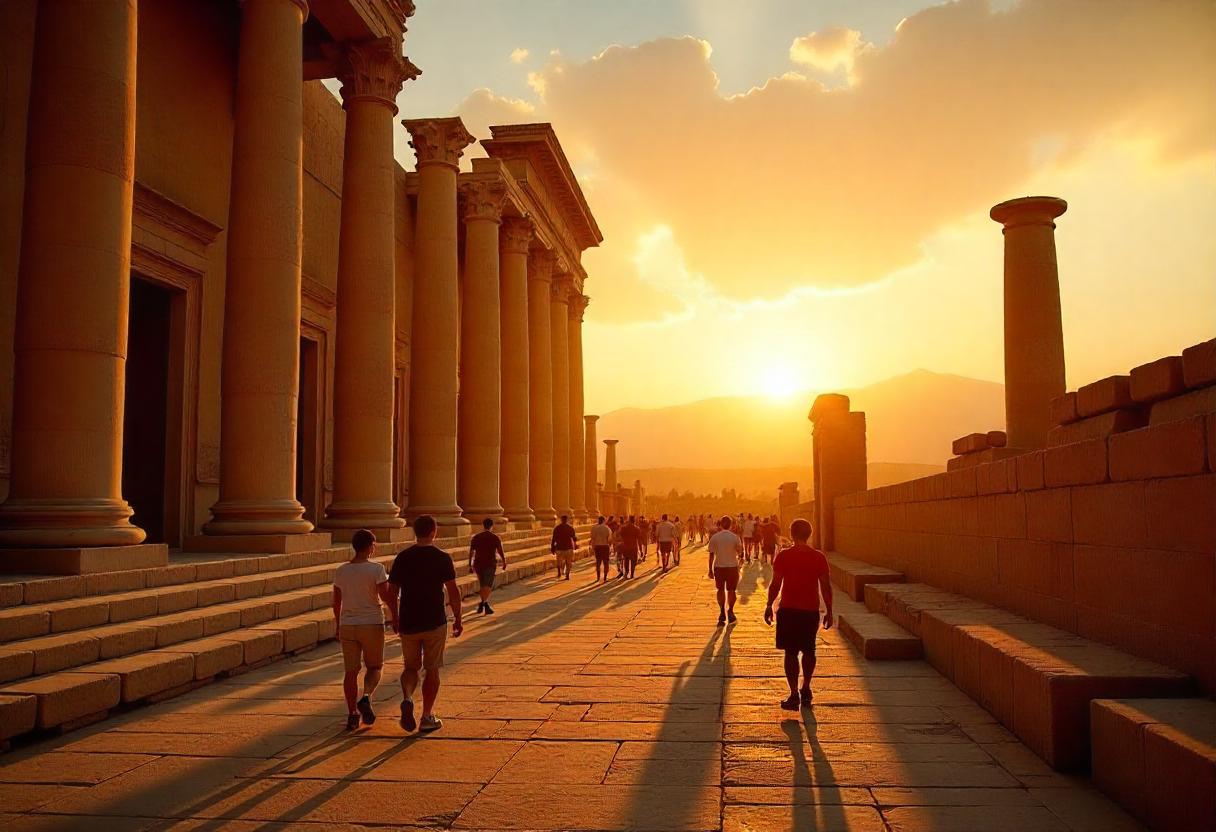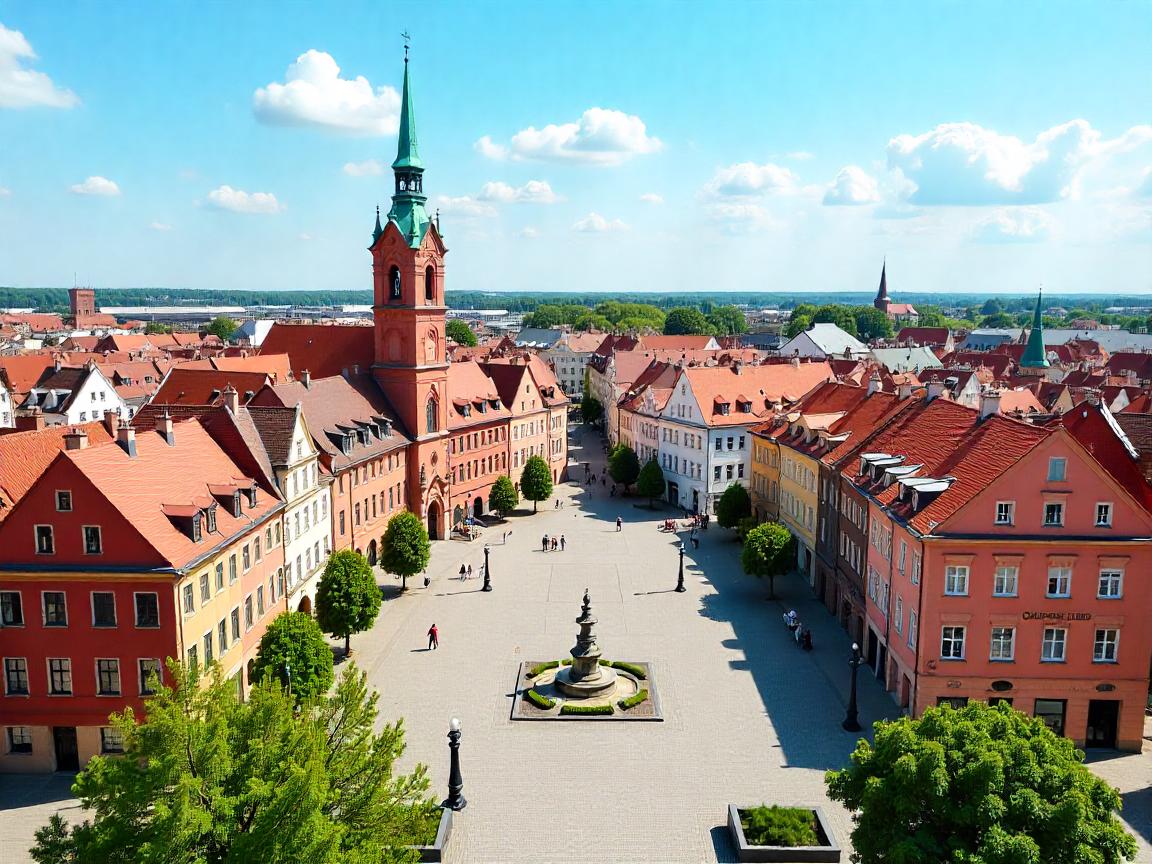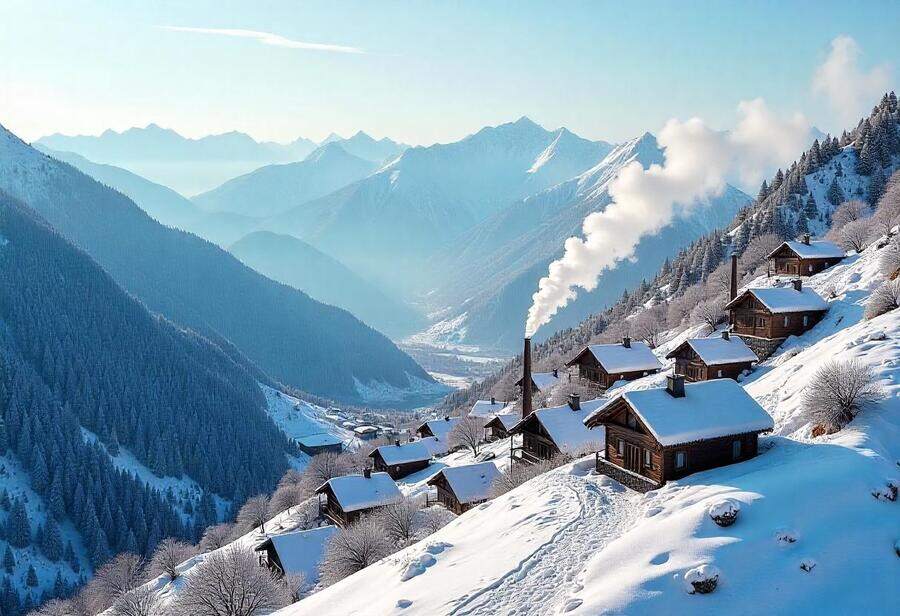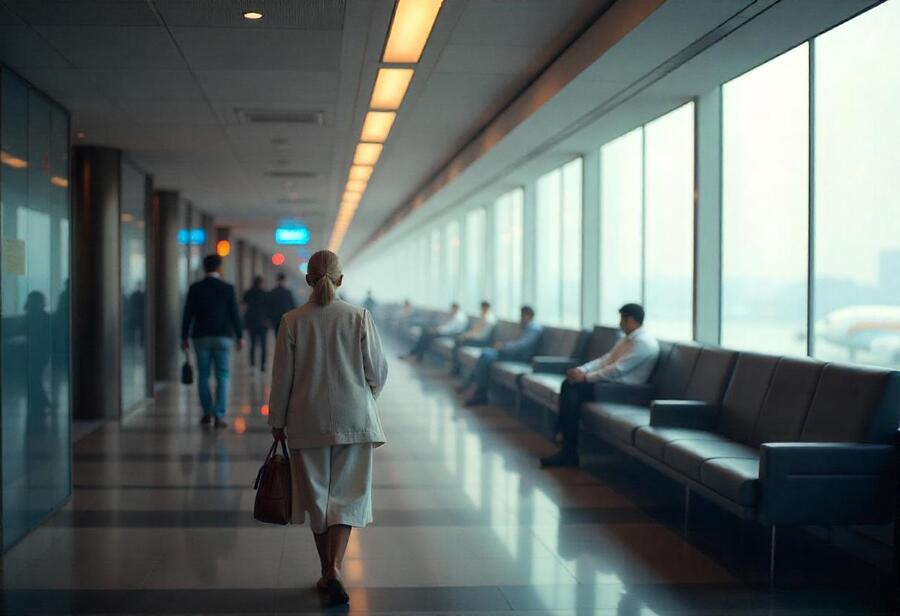≡-Syria Targets Tourism to Rebuild Economy and Attract Global Visitors with Historic and Eco-Tourism Opportunities – Viral of Today
<> Viral of Today <>
Home » SYRIA TRAVEL NEWS » Syria Targets Tourism to Rebuild Economy and Attract Global Visitors with Historic and Eco-Tourism Opportunities Monday, July 7, 2025Syria, a country that has endured more than a decade of conflict, is now turning to tourism as a cornerstone of its economic revival and its re-engagement with the global community. Although the civil war has left lasting scars, Syria remains home to a wealth of historical landmarks, stunning Mediterranean shores, and significant untapped opportunities for eco-tourism. With international sanctions gradually easing, alongside local initiatives and regional interest in investing in Syria’s future, there are promising signs that the tourism sector could help drive the country’s post-war recovery.Syria’s Pre-War Tourism StrengthBefore the outbreak of the Syrian civil war in 2011, Syria was a popular tourist destination, attracting approximately 8.5 million visitors each year. This robust tourism industry contributed about \$6.3 billion annually, according to World Bank data. Iconic landmarks such as Palmyra, the Old City of Damascus, Aleppo’s Citadel, and Busra al-Sham were key attractions, drawing visitors from all corners of the globe. Experts predict that returning to these pre-war tourism levels could significantly bolster Syria’s economy, providing essential financial resources for reconstruction efforts.In addition to its rich cultural heritage, Syria’s varied landscapes—from the stunning Mediterranean beaches of Latakia to the awe-inspiring views atop Mount Qasioun—offer ample opportunities for eco-tourism and wellness retreats. This diverse natural scenery positions Syria to attract adventure travelers and wellness tourists alike, complementing the country’s historical allure.A Revitalized Tourism StrategySyria’s government is actively working to broaden its tourism offerings beyond its iconic ancient landmarks. Inspired by regional models like AlUla in Saudi Arabia, which successfully blends heritage preservation with economic growth, Syria is seeking to build a more diverse tourism sector. The country is particularly focused on nature-based tourism, with activities such as guided hikes and stays at family-owned guesthouses near Damascus steadily gaining popularity. These initiatives, nestled among Syria’s verdant mountains and protected nature reserves, provide a solid foundation for eco-tourism, wellness retreats, and adventure tourism.Sanctions Relief and Growing Investor ConfidenceIn May 2025, the U.S. Department of the Treasury relaxed some of the stringent economic sanctions under the Caesar Act, granting a six-month license that allowed certain financial transactions and removed the Central Bank of Syria from the sanctions list. The European Union followed suit, easing restrictions in key sectors such as energy, transportation, and banking. This shift has generated increased optimism among investors, with companies like SunExpress—a collaboration between Lufthansa and Turkish Airlines—showing interest in initiating flights to Syria, contingent upon securing necessary security and technical clearances.As the country looks to boost its tourism sector, the involvement of the private sector has become crucial. With its economic recovery in mind, Syria sees tourism as a vital source of hard currency to stabilize its economy. In the long term, the country hopes to harness its heritage and natural attractions to attract both regional tourists and international visitors.Investment in Restoration and ReconstructionSyria is also focusing on restoring key historical sites, many of which were severely damaged during the war, particularly by Daesh (ISIS). Restoration efforts at sites such as Palmyra, a UNESCO World Heritage Site, are being overseen by the Directorate-General of Antiquities and Museums. These restoration projects are part of a broader effort to revitalize Syria’s cultural heritage, providing an additional incentive for global tourists to visit. Similarly, historical sites like the Citadel of Aleppo and the Citadel of the Horses are expected to attract international attention due to their cultural and historical significance.In addition to large-scale restoration projects, grassroots initiatives are playing a key role in Syria’s recovery. Local communities, supported by online platforms and grassroots movements, are helping preserve Syrian culture and history. These efforts are designed not only to attract international tourists but also to engage the Syrian diaspora, who can contribute significantly to the rebuilding process by offering their expertise in tourism and cultural preservation.Ongoing Challenges and ObstaclesWhile the prospects for Syria’s tourism sector appear promising, numerous challenges remain. The country’s infrastructure—particularly in areas such as hotels, transportation, dining, and tour services—requires substantial investment to meet international standards. There is also the issue of security in certain regions, which may deter some tourists. Moreover, the delicate international political landscape and fragile trust between Syria and many foreign countries present additional obstacles.Humanitarian organizations have emphasized the need for sustained stability and political reform to ensure that Syria can achieve long-term recovery in tourism. While the country has made progress, more work is needed to address governance issues, security concerns, and the broader political environment.A Road to RecoveryDespite the significant hurdles it faces, Syria’s pursuit of a revitalized tourism industry represents a bold attempt to reshape its global image. The country is striving to transition from a war-torn region to a destination celebrated for its rich cultural heritage and stunning natural landscapes. By capitalizing on its historic sites, natural beauty, and the expertise of its diaspora, Syria is hopeful that it can reignite the tourism industry and spur economic growth.Much like AlUla, which successfully blends heritage with modern development, Syria aims to revitalize its economy and forge stronger international relationships through tourism. Though many challenges remain, the easing of sanctions and the growing interest from investors signal a positive shift. With time, Syria’s tourism sector may once again become a key pillar of its economy, helping the country to rebuild and rejoin the global community as a respected travel destination.«Enjoyed this post? Never miss out on future posts by following us»
This information will surprise you!
See also
- Read until the end to discover everything.
- Important information you need to know.
- Interesting facts and helpful tips.
Conclusion
Did you enjoy the news? Keep following us daily!













